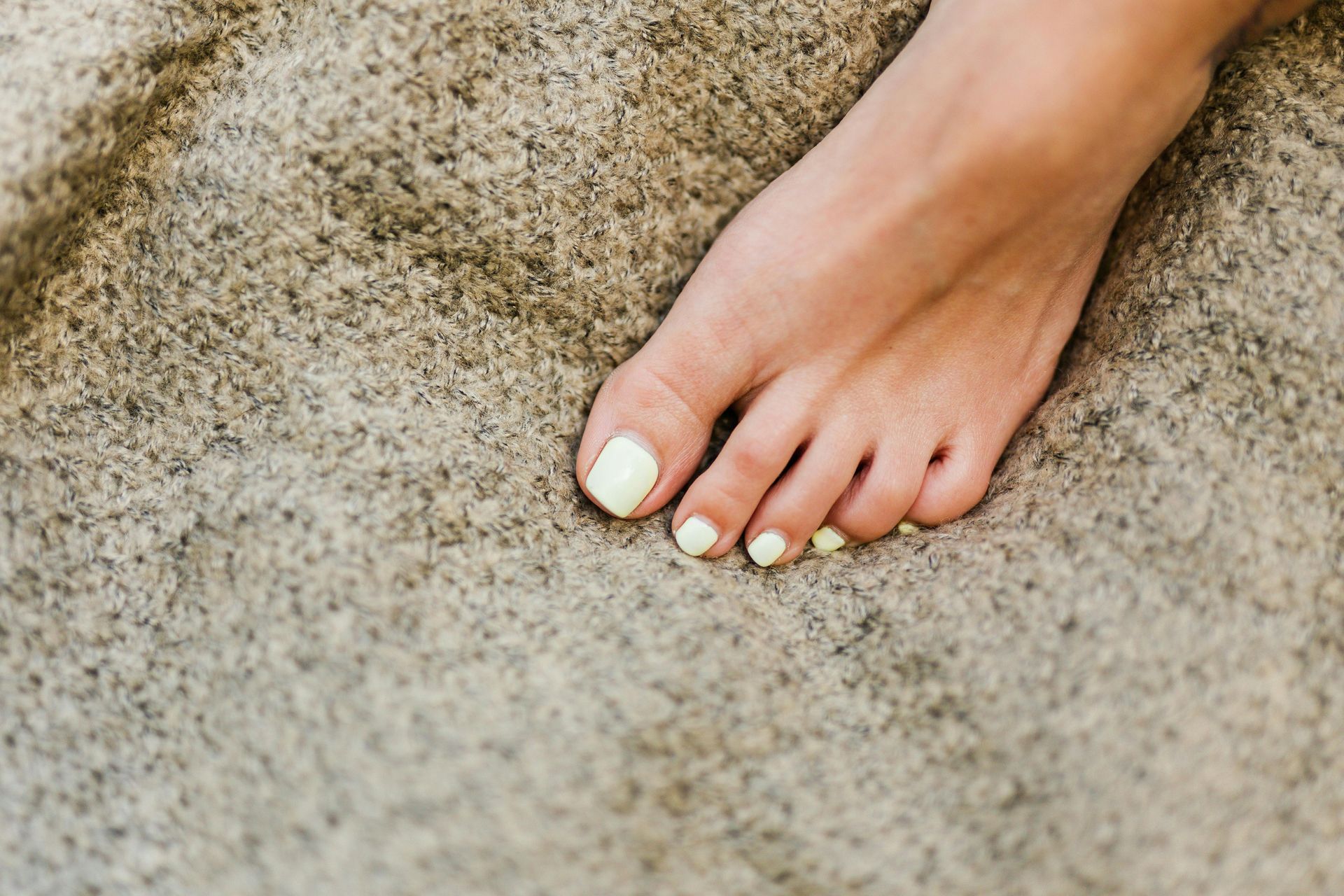Why balance could be your aging superpower
Why is balance such an important part of the ageing process?
Several studies have identified that balance is a really strong predictor of mortality.
Particularly when it comes to the ability to stand on one leg.
Also, you need it to do pretty much everything when you're moving - walking, running, cycling, going up ladders....and once you stop moving regularly, everything else starts to go wrong.
How should you test yourself?
Take your shoes off, put your hands on your hips and stand on one leg.
See how long you last.
You're done as soon as you shift your planted foot or put your raised foot down on the ground. Best of three.
Now repeat, with your eyes closed.
Unless you're Mr A with his freakishly perfect balance, you'll most likely fail pretty quickly.
Here are the targets by age group:
- Under 40: 45 seconds with eyes open, 15 seconds with eyes closed.
- Aged 40-49: 42 seconds open, 13 seconds closed.
- Aged 50-59: 41 seconds open, 8 seconds closed.
- Aged 60-69: 32 seconds open, 4 seconds closed.
- Aged 70-79: 22 seconds open, 3 seconds closed.
How did you do?
What's going on when you're trying to balance?
Your brain normally uses three different types of information to keep you upright:
- your eyes;
- your vestibular system (like a spirit level in your inner ear);
- and proprioceptors in your limbs that send signals to your brain, telling it what's going on and where your limbs are in space.
It's harder when you close your eyes, because your brain's got to work harder with the data it's still got.
What's the relationship between foot strength/ flexibility and proprioception?
A study this year tested the relationship between foot strength and proprioception.
It identified there's a tendency in older adults for a more forward leaning posture, with more pressure into the toes.
At the same time, sarcopenia (i.e. age related muscle loss) in the toes reduces their strength and equilibrium.
That is to say - you're pushed forward, out of balance, your toes haven't got the strength to push you back up; and your proprioceptors pick this up and tell your brain you're unstable.
The study also tested whether reduced ankle flexibility played a part and yup, it did!
Because there's lots of feedback coming from proprioceptors all over your body, including in your legs, and these also signal instability.
And when you can't move your foot from the ankles properly, you're more likely to trip over your own toes! Ask me how I know this!
[Check the toes of your shoes - are they scuffed?]
How can you improve foot and ankle strength and flexibility?
Rather than make this email the size of a phone directory, here are a couple of my oldest blogs.
Firstly, read my Top Tips for Releasing Tight Calves and Feet - this is all about foam rolling. Sorry. It will hurt!
And here are the Best Foot Strength & Stretch Exercises - this is more about every day mobility work.
And if you just want some good old fashioned balance practice check out this blog
How does doing Pilates help with balance?
When we use equipment like the squishy ball, the magic circle or the foam roller, we're often using them to challenge our balance.
Have you ever noticed how your balance is better when we test at end of class versus the beginning?
That's because you've been training your proprioception!
What else can you do for your balance?
Join us for Strength and Stretch online on Friday mornings at 7.45am.
Apart from strengthening our lower bodies generally, we often work on foot/ ankle mobility - including using the hard ball to roll our feet.
Orrrrr - and I know this is going to make some people VERRRRY happy - PiYo is back online on Saturdays from 21st September 2024 at 10am.
This'll give you a full body workout for strength and flexibility, incorporating balance work that cannot be beaten.
Want to try either of these classes? Head to my booking site and grab yourself a class!










